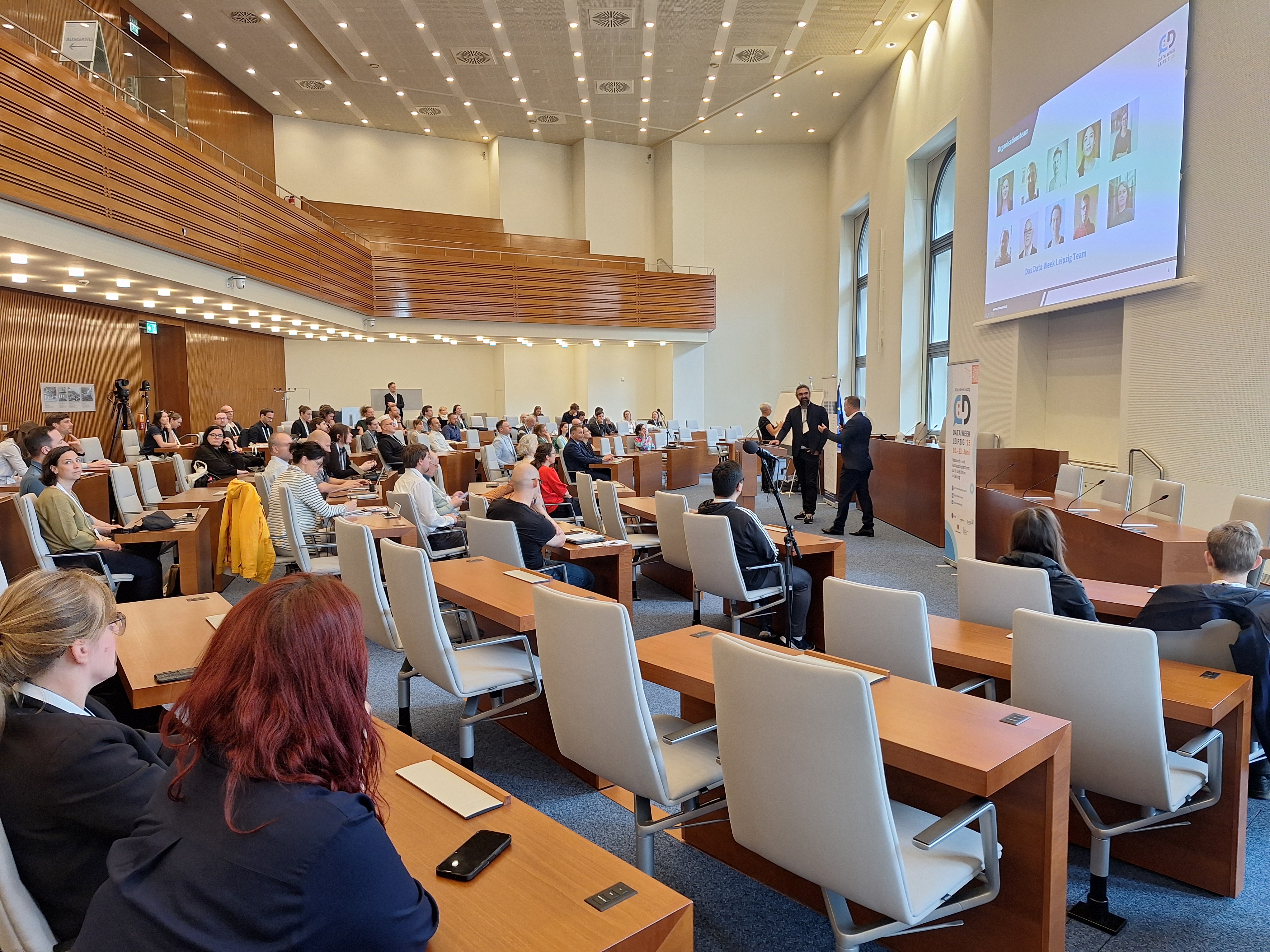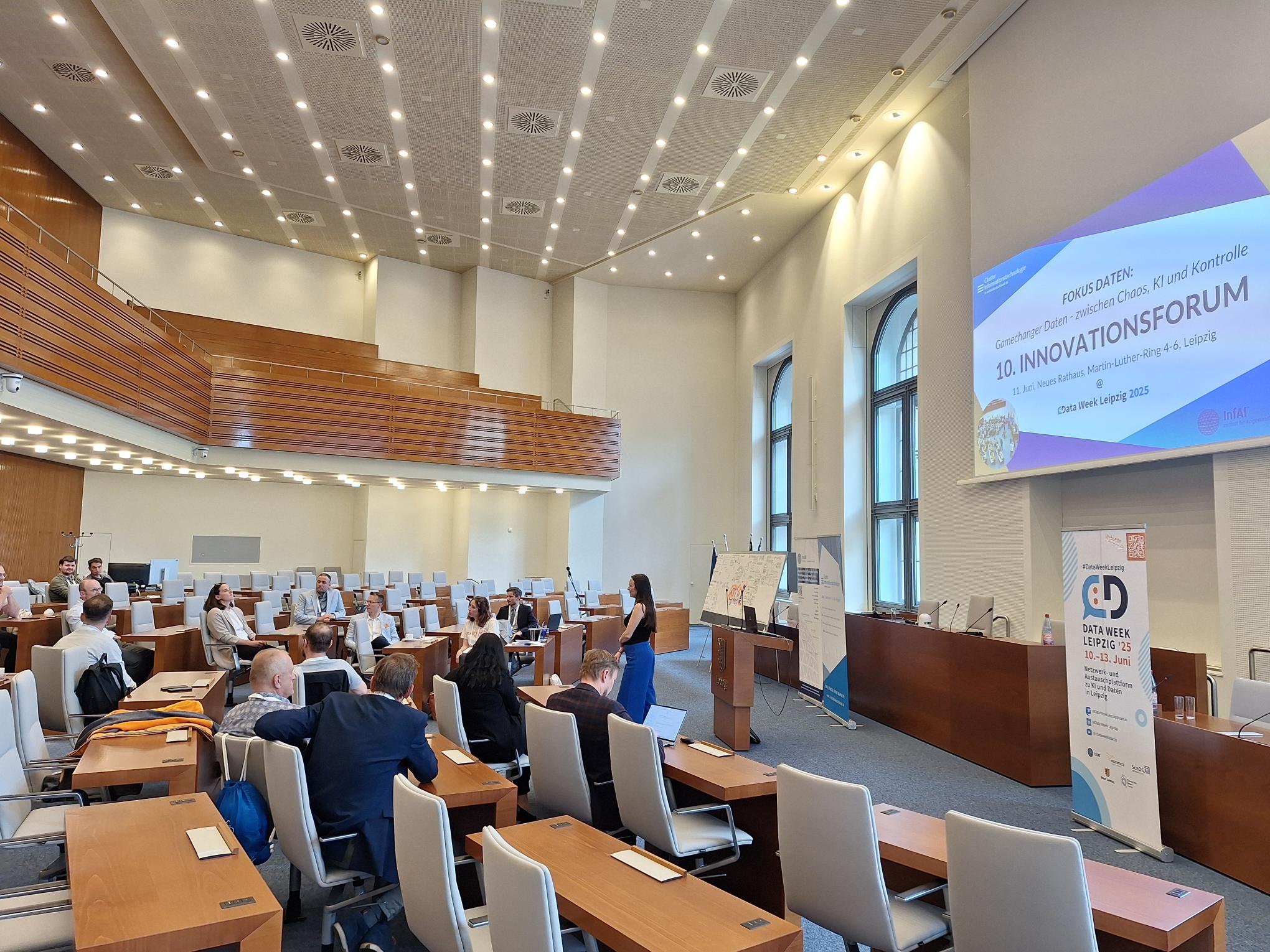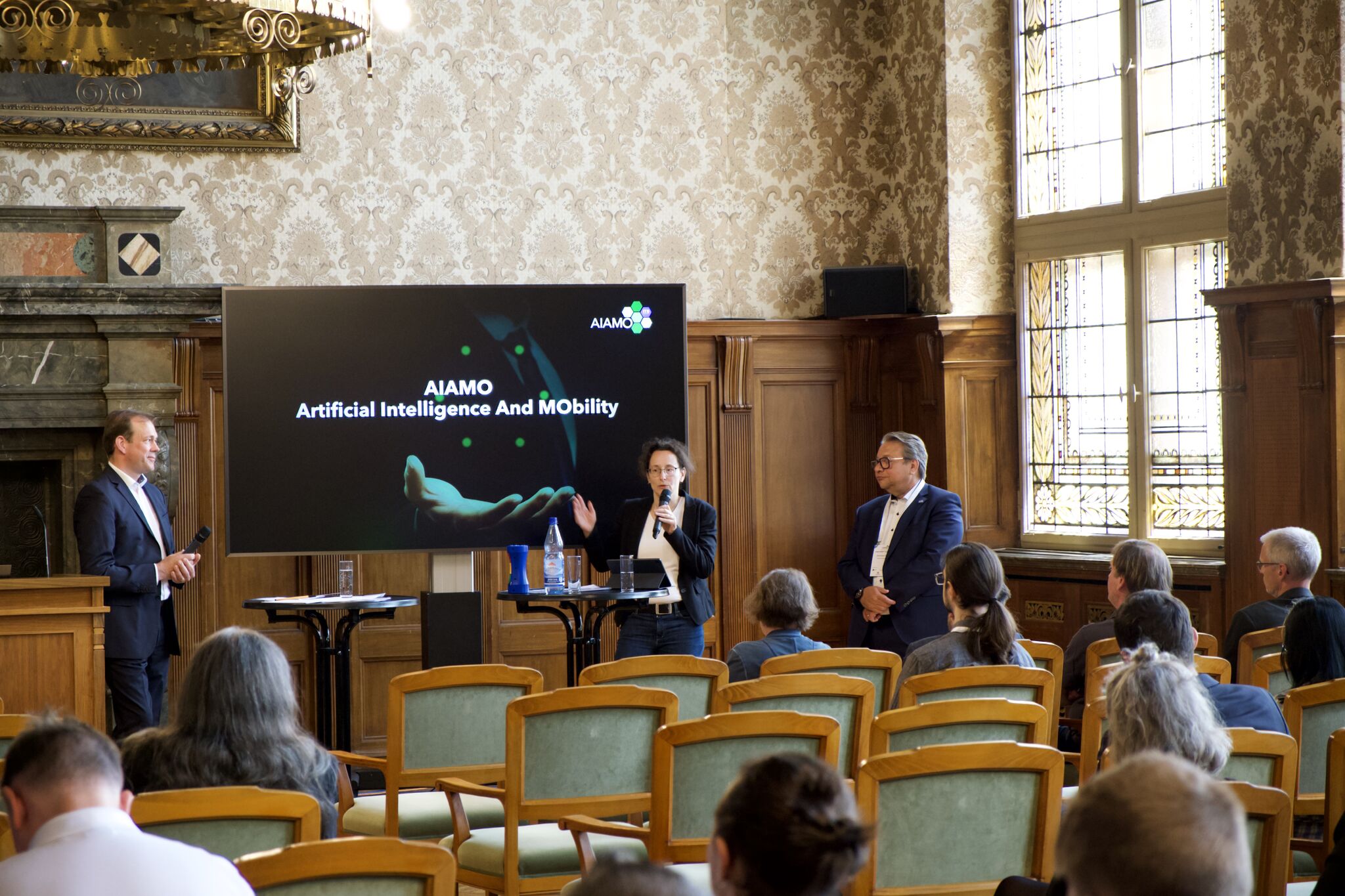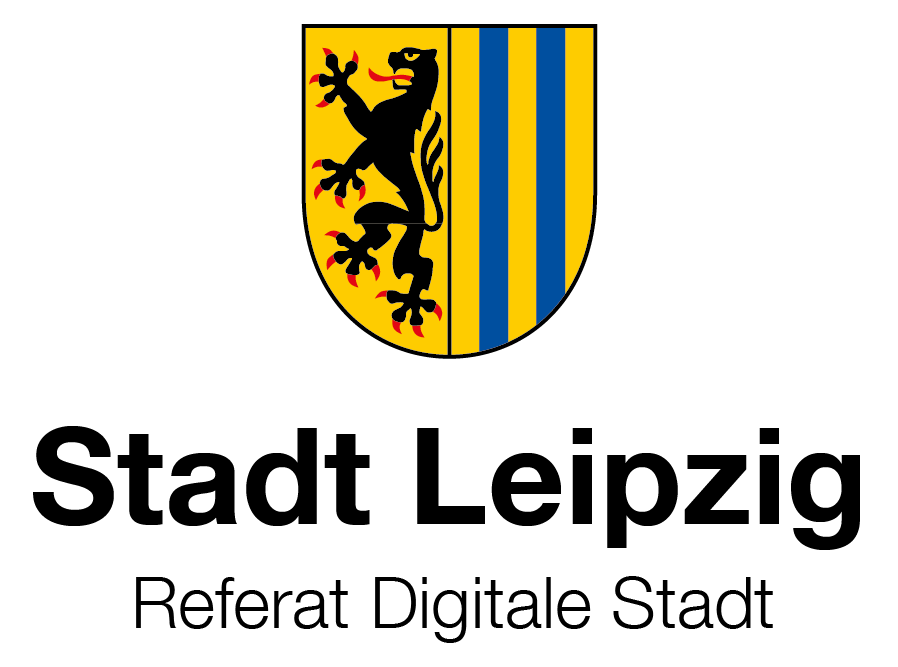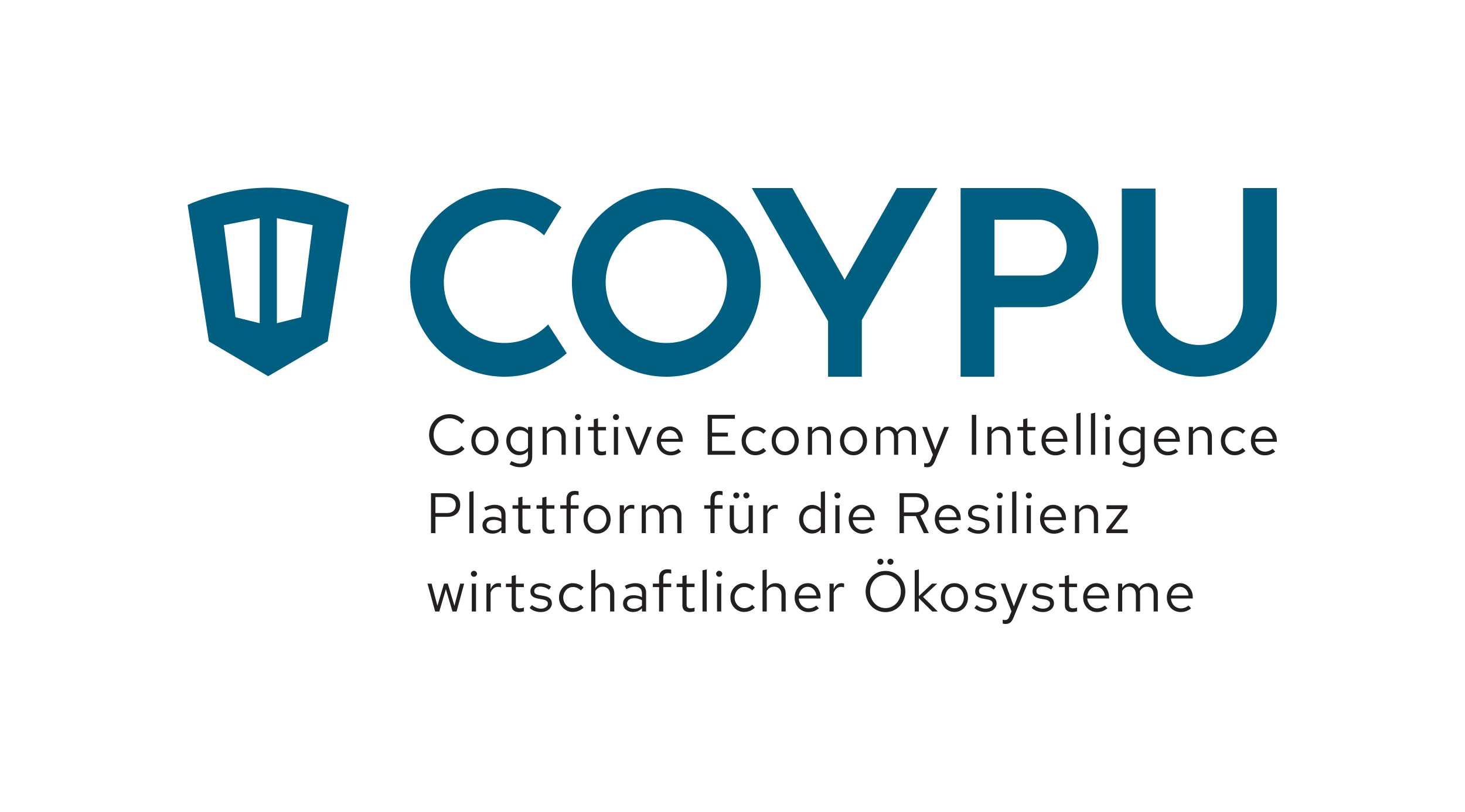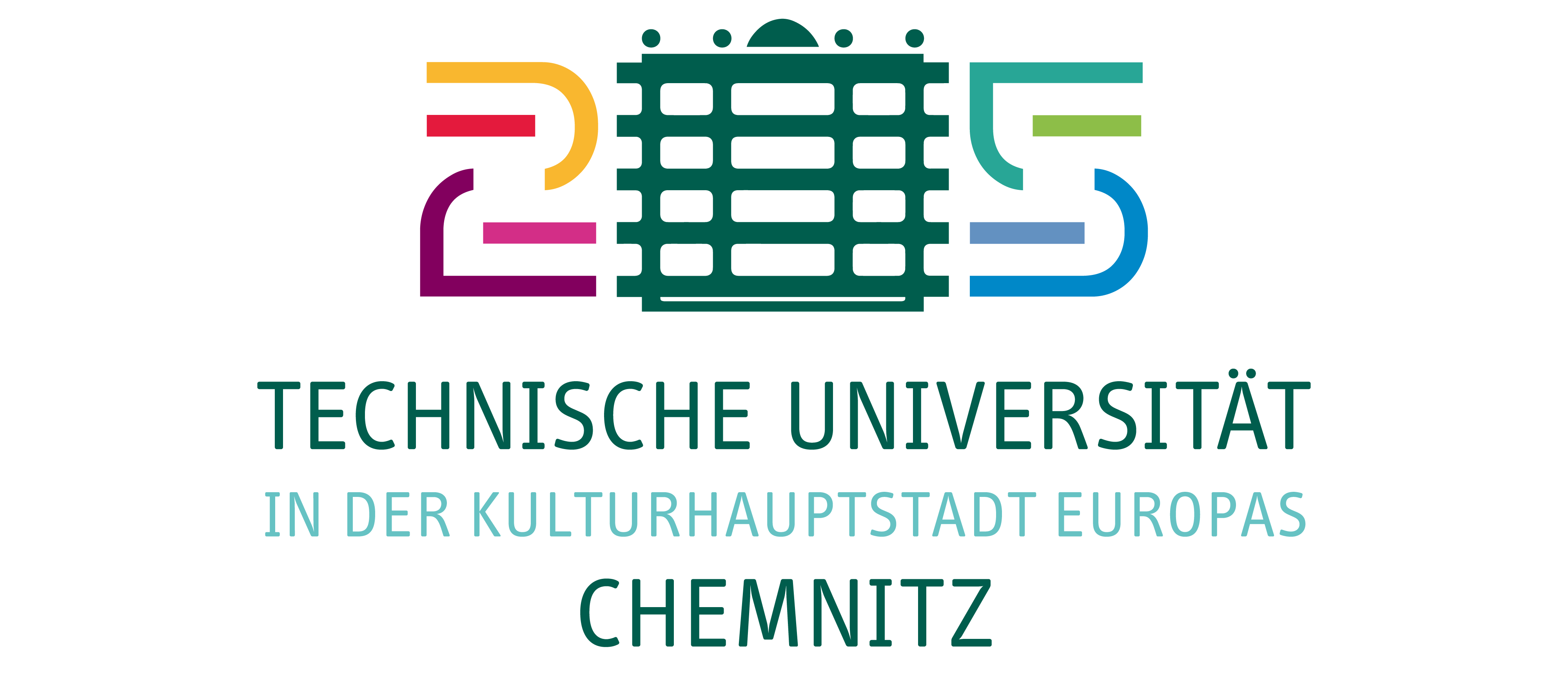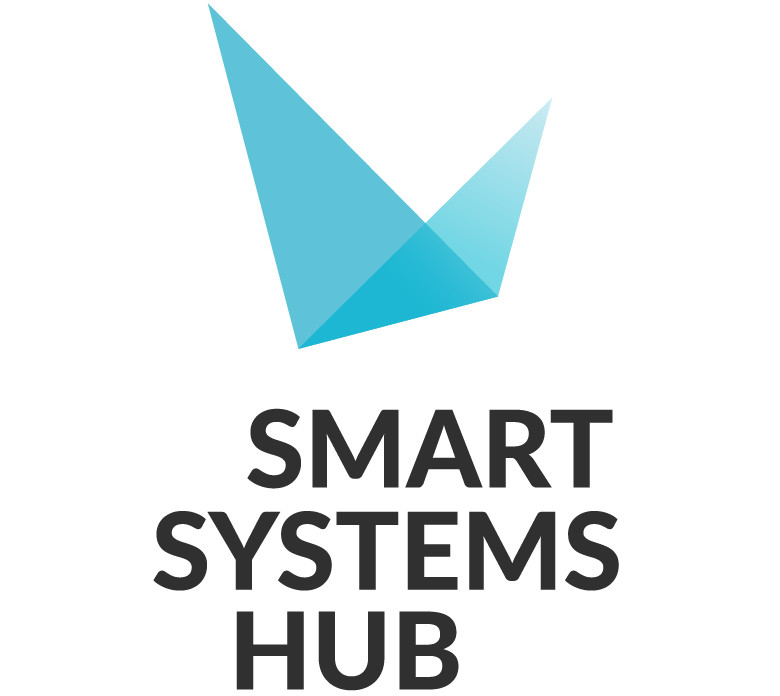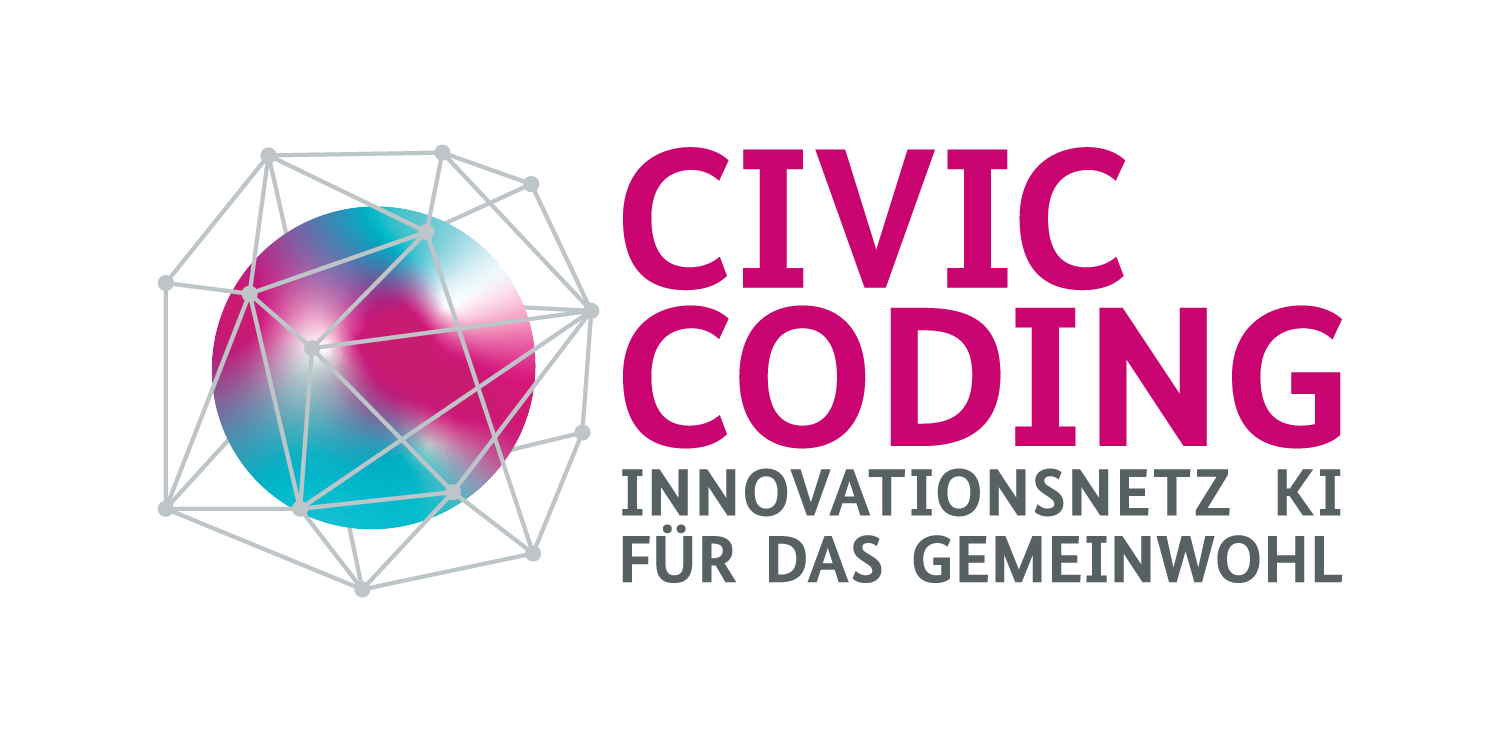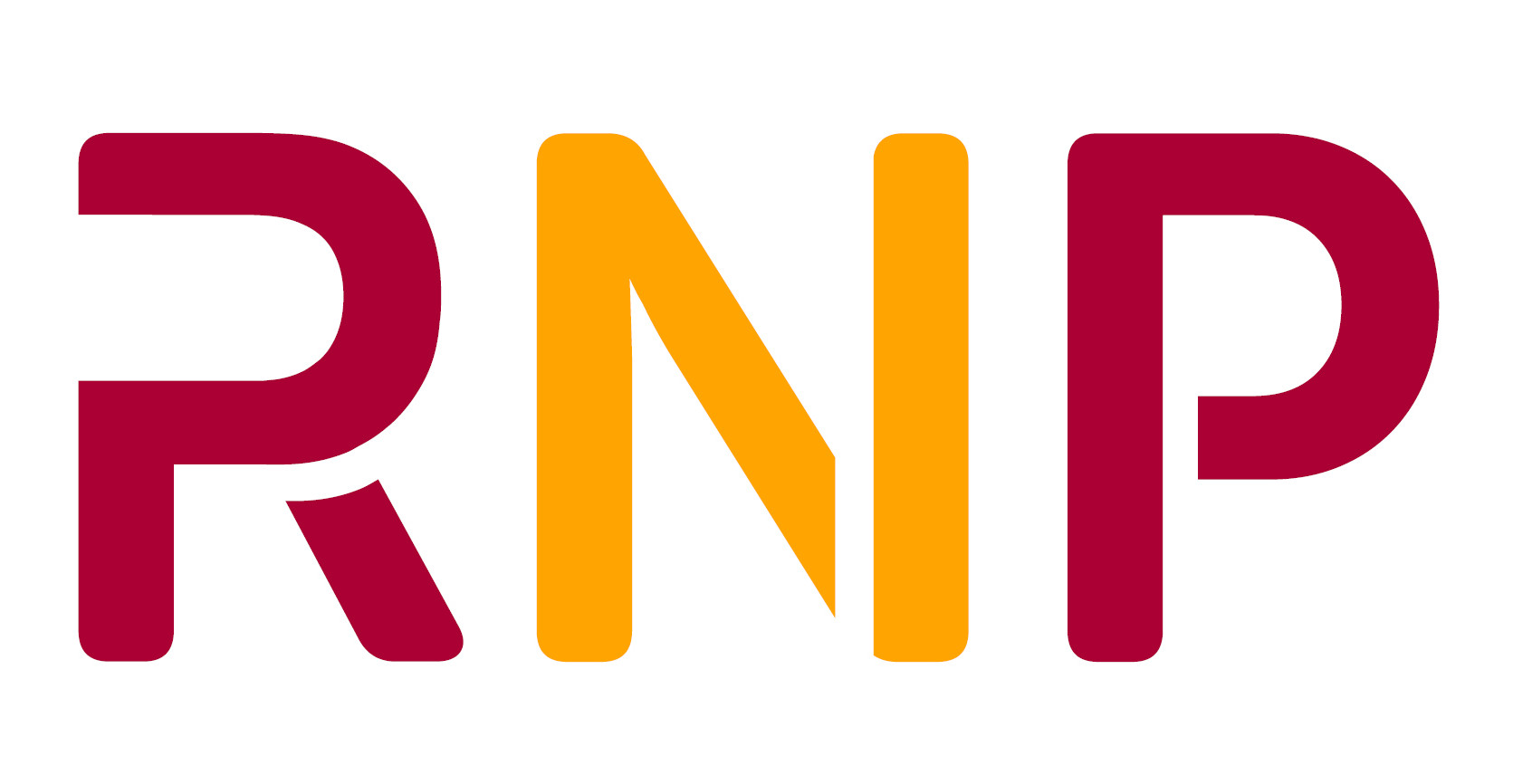About the Data Week Leipzig
Data Week Leipzig is a networking event that highlights the scientific, economic and social perspectives of data and its use. Representatives from authorities, industry, science and business will enter into a dialog.
We welcome the participants to Leipzig to get exciting insights in a week of events with numerous sessions. The latest trends and developments relating to the digital city and the use of artificial intelligence will be presented. There will be a special focus on climate and energy. There will also be the opportunity to take part in training sessions and workshops. One day will be dedicated to semantics and AI, and speakers will provide insights into how these technologies can contribute to a sustainable and resilient future.
Show more
The organizers would also like to invite students, trainees and interested citizens to take a look behind the scenes or take part in the various training courses offered during Data Week Leipzig. You can look forward to a week of events with an inspiring program that also includes practical use cases.
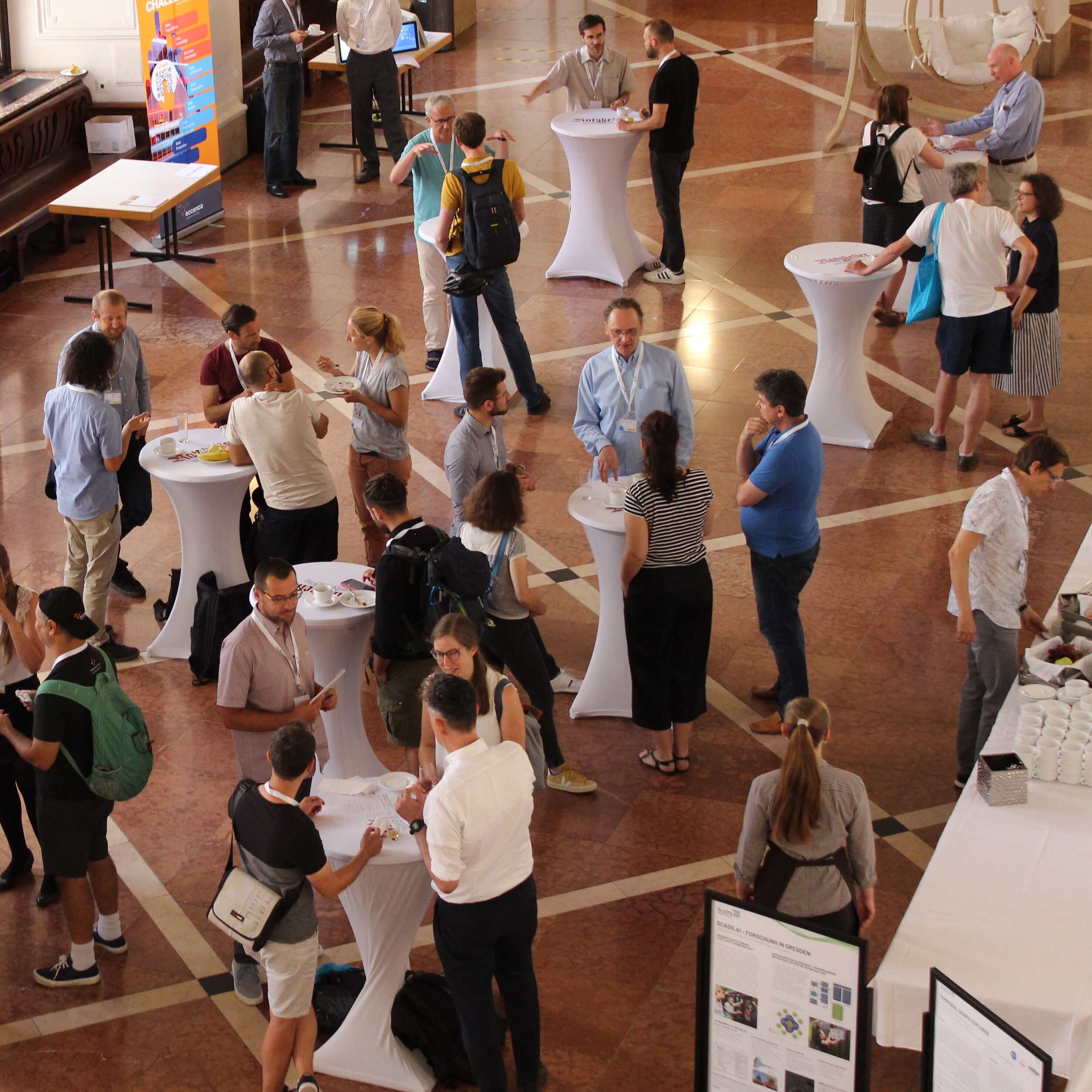
Impressions of Data Week Leipzig 2025
An exciting week of events (June 10-13, 2025) for start-ups, students and representatives from business, science and administration lies behind us. Over 550 participants networked at the New Leipzig City Hall and exchanged ideas on topics such as AI, digitalization and data. Among the more than 90 program items were 27 workshops, 5 training sessions and 75 lectures - supplemented by exciting keynotes, including from Prof. Dr. Miguel D. Mahecha on environmental research and Renate Mitterhuber on the smart city. New formats such as the two-day Thin[gk]athon, the Civic Coding and AIAMO roadshows, the “Gamechanger Data” innovation forum, the start-up consulting service and the “Art of Data” visualization were also a hit. The KMI Transfer Day and the Leipzig Semantic Web Day also took place again in 2025.






